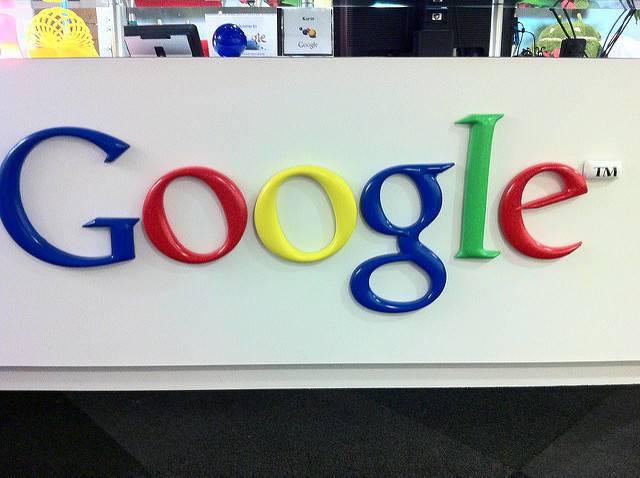
Donald J. Trump's presidency is causing tech-industry employees to think more about diversity and inclusion, according to polling and research company Market Cube.
The company surveyed 1,411 American tech-industry workers in January on behalf of software development firm Atlassian. And researchers found that 48 percent of these workers said Trump’s election inspired them to "care more about diversity." Twenty-three percent said they have taken action in relation to diversity since the election.
Australia-based Atlassian compiled the data collected from the survey into a report. “Our data shows these national concerns have trickled down to tech workers and impacted their sentiments about diversity in a meaningful way,” the report reads.
The firm breaks down the changes in behavior spurred on by the election:
- 57 percent of tech workers learned more about the experiences of colleagues different from them
- 50 percent engaged leaders on how to create a more inclusive environment
- 44 percent participated in a discussion about diversity in tech
- 41 percent positively changed attitudes about coworkers different from them
- 28 percent participated in an employee resource group
- 24 percent participated in a hiring-focused program or event
- 17 percent took part in a diversity working group
Although the election has caused some tech workers to make positive changes, they are still afraid about what the election means for broader diversity efforts within the industry:
- 37 percent believe America has actually taken a step back when it comes to diversity and inclusion
- 35 percent predict the election will hurt their company’s existing diversity efforts
- Only 12 percent think it will help
The gap between perception of diversity in the tech industry and the reality
Most tech workers (83 percent) told Market Cube they think D&I is important or very important, and only 4 percent said they think it is not important. However, there is big a gap between respondents' perception of the tech industry and the reality.The majority of respondents (94 percent) gave the tech industry, their companies and their teams a passing grade for diversity. About half said their company is doing just fine on D&I and doesn’t need to make any progress. What’s more, 60 percent said their company is making an effort, while 83 percent said their company is already diverse and 79 percent think the average team at their company has a diverse set of team members. But the data about D&I in the tech industry tells a different story.
The reality is that the majority of tech employees are white men. As reported by the U.S. Equal Employment Opportunity Commission (EEOC): “Despite rapid transformation in the field, the overwhelming dominance of white men in the industries and occupations associated with technology has remained.” Pixel Envy found that 70 percent of the tech industry workforce is white, while only 6.6 and 9.7 percent are Hispanic and African American, respectively. Women at top tech companies make up only 13 to 37 percent of the workforce.
In the past year, Facebook, Apple, eBay and Microsoft only hired 1 percent more women, while LinkedIn increased their female workforce by 3 percent and Google’s gender ratio remained the same, according to Information is Beautiful.
Ethnic diversity hasn’t fared much better. Microsoft only hired 3 percent more non-white employees, while Facebook hired 2 percent more. Google, Apple and eBay only increased their non-white employees by 1 percent. And LinkedIn actually lost 3 percent of its non-white employees.
How can the perceptions about diversity be so far away from the reality?
Market Cube and Atlassian point to studies that show people perceive more representation and participation than actually exists. Clearly, survey respondents have “systematic errors in perception” when it comes to diversity, Atlassian points out.
The responses also show that the tech workforce perceives the industry as a meritocracy. That belief “makes people less likely to hire, promote, and reward in an unbiased way,” Atlassian concluded.
Such a belief system must be exposed for the lie it is through educating workers on what diversity really means and what full representation looks like “to help them identify areas of improvement within their own companies."
Image credit: Flickr/C.E. Kent

Gina-Marie is a freelance writer and journalist armed with a degree in journalism, and a passion for social justice, including the environment and sustainability. She writes for various websites, and has made the 75+ Environmentalists to Follow list by Mashable.com.














